Hemp seed oil is commonly used as a food supplement and as an ingredient in skincare and cosmetic products due to its moisturizing and nourishing properties. It can also be used in cooking and baking as a healthy alternative to other cooking oils. It has a nutty flavor and can be used in a variety of ways as a cooking oil, salad dressing, or as an ingredient in smoothies or other recipes.
Like other plant-based oils, hemp seed oil is high in calories and should be consumed in moderation as part of a balanced diet. It is important to note that hemp seed oil should not be used as a substitute for medical treatment, and individuals with certain medical conditions or who are taking certain medications should consult with a healthcare professional before using hemp seed oil as a supplement.
Table of Contents
Health Benefits of Hemp Seed Oil:
Hemp seed oil has several potential health benefits, including:
- Heart Health: Hemp seed oil is rich in essential fatty acids, including omega-3 and omega-6 fatty acids, which have been shown to reduce inflammation in the body and lower the risk of heart disease.
- Skin Health: Hemp seed oil is a natural moisturizer that can help to soothe and nourish the skin. It has been used to treat a variety of skin conditions, including eczema, psoriasis, and acne.
- Brain Health: Hemp seed oil is rich in fatty acids that are essential for brain health. It has been shown to improve cognitive function and reduce the risk of neurodegenerative diseases like Alzheimer's and Parkinson's.
- Digestive Health: Hemp seed oil is high in fiber, which can help to improve digestion and promote regular bowel movements.
- Immune System Support: Hemp seed oil contains antioxidants, including vitamin E, which can help to support the immune system and protect against oxidative stress.
It's important to note that more research is needed to fully understand the potential health benefits of hemp seed oil. As with any dietary supplement, it is also important to consult with a healthcare professional before adding hemp seed oil to your diet.
Uses of Hemp Seed Oil:
Hemp seed oil has a variety of uses, including:
- Cooking and Baking: Hemp seed oil has a nutty flavor and can be used as a healthy alternative to other cooking oils. It is important to note that hemp seed oil should not be used for high-heat cooking, as this can cause the oil to become rancid and lose its nutritional benefits.
- Skincare: Hemp seed oil is a natural moisturizer that can help to soothe and nourish the skin. It can be used in a variety of skincare products, including moisturizers, serums, and body lotions.
- Haircare: Hemp seed oil can help to moisturize and nourish the hair, promoting healthy hair growth and reducing breakage. It can be used in hair masks, conditioners, and other haircare products.
- Supplements: Hemp seed oil is available in supplement form and can be taken orally as a dietary supplement. It is important to follow the recommended dosage and to consult with a healthcare professional before adding hemp seed oil supplements to your diet.
- Industrial Uses: Hemp seed oil is used in a variety of industrial applications, including as a lubricant and as an ingredient in paints and plastics.
It's important to note that while hemp seed oil is generally safe for most people to use, it may interact with certain medications and may not be appropriate for individuals with certain medical conditions. It is always important to consult with a healthcare professional before adding hemp seed oil to your diet or skincare routine.
Essential Facts About Hemp Seed Oil:
Here are some essential facts about hemp seed oil:
- It is derived from the seeds of the hemp plant, Cannabis sativa.
- It does not contain significant amounts of THC, the psychoactive compound found in marijuana.
- Hemp seed oil is a rich source of essential fatty acids, including omega-3 and omega-6 fatty acids, as well as vitamin E and other nutrients.
- It has been used for thousands of years in traditional medicine for its potential health benefits.
- Hemp seed oil is commonly used in skincare and cosmetic products due to its moisturizing and nourishing properties.
- It can also be used in cooking and baking as a healthy alternative to other cooking oils.
- Hemp seed oil may have potential health benefits for heart health, skin health, brain health, digestive health, and immune system support.
- While generally safe for most people to use, hemp seed oil may interact with certain medications and may not be appropriate for individuals with certain medical conditions.
- It is important to consult with a healthcare professional before adding hemp seed oil to your diet or skincare routine.
- Hemp seed oil should be stored in a cool, dark place to prevent spoilage and maintain its nutritional benefits.
The Benefits vs. Risks of Consuming Hemp Seed Oil:
Consuming hemp seed oil has potential benefits and risks that should be considered.
- Benefits:
- Hemp seed oil is a rich source of essential fatty acids, including omega-3 and omega-6 fatty acids, which have been shown to reduce inflammation and lower the risk of heart disease.
- It can help to improve skin health, brain health, digestive health, and immune system support.
- Hemp seed oil is a natural moisturizer and can be used in skincare products to soothe and nourish the skin.
- Risks:
- Hemp seed oil may interact with certain medications, including blood thinners and cholesterol-lowering medications.
- It may cause digestive issues in some people, such as diarrhea or abdominal pain.
- Hemp seed oil should not be used for high-heat cooking, as it can become rancid and lose its nutritional benefits.
- Hemp seed oil may contain trace amounts of THC, which could potentially show up on a drug test.
It's important to consult with a healthcare professional before adding hemp seed oil to your diet or skincare routine, especially if you have any medical conditions or are taking medications. It's also important to purchase high-quality, pure hemp seed oil from a reputable source to ensure that you are getting a safe and effective product.
FAQ’s:
1. Is hemp seed oil the same as CBD oil?
Ans: No, hemp seed oil and CBD oil are two different products. Hemp seed oil is derived from the seeds of the hemp plant and does not contain significant amounts of CBD or other cannabinoids. CBD oil is made from the flowers, leaves, and stalks of the hemp plant and contains CBD and other cannabinoids.
2. Will hemp seed oil get you high?
Ans: No, hemp seed oil does not contain significant amounts of THC, the psychoactive compound found in marijuana. It is unlikely to cause any psychoactive effects or get you high.
3. Can you use hemp seed oil for cooking?
Ans: Yes, hemp seed oil can be used for cooking and baking as a healthy alternative to other cooking oils. However, it should not be used for high-heat cooking, as this can cause the oil to become rancid and lose its nutritional benefits.
4. Is hemp seed oil safe for skincare?
Ans: Yes, hemp seed oil is safe for skincare and can be used as a natural moisturizer to soothe and nourish the skin. It is important to choose high-quality, pure hemp seed oil and to patch test any new skincare products before use.
5. What are the potential health benefits of hemp seed oil?
Ans: Hemp seed oil may have potential health benefits for heart health, skin health, brain health, digestive health, and immune system support. However, more research is needed to confirm these potential benefits. It is always important to consult with a healthcare professional before adding hemp seed oil to your diet or skincare routine.

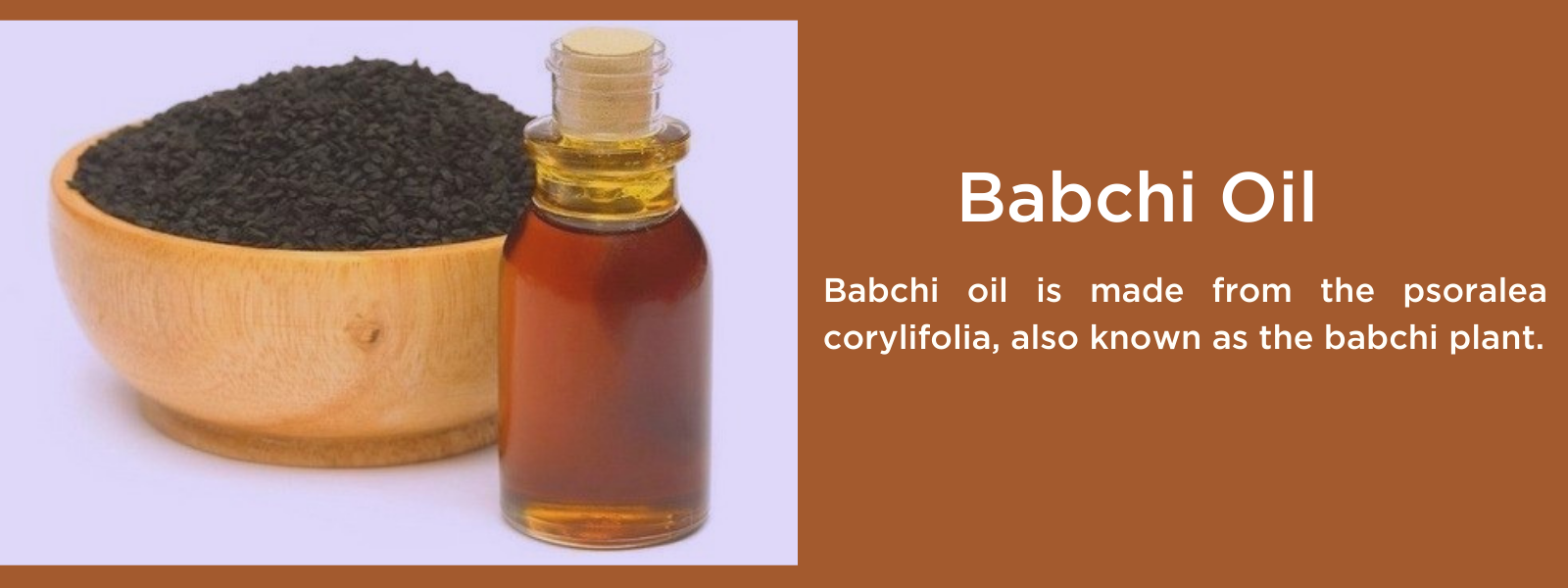
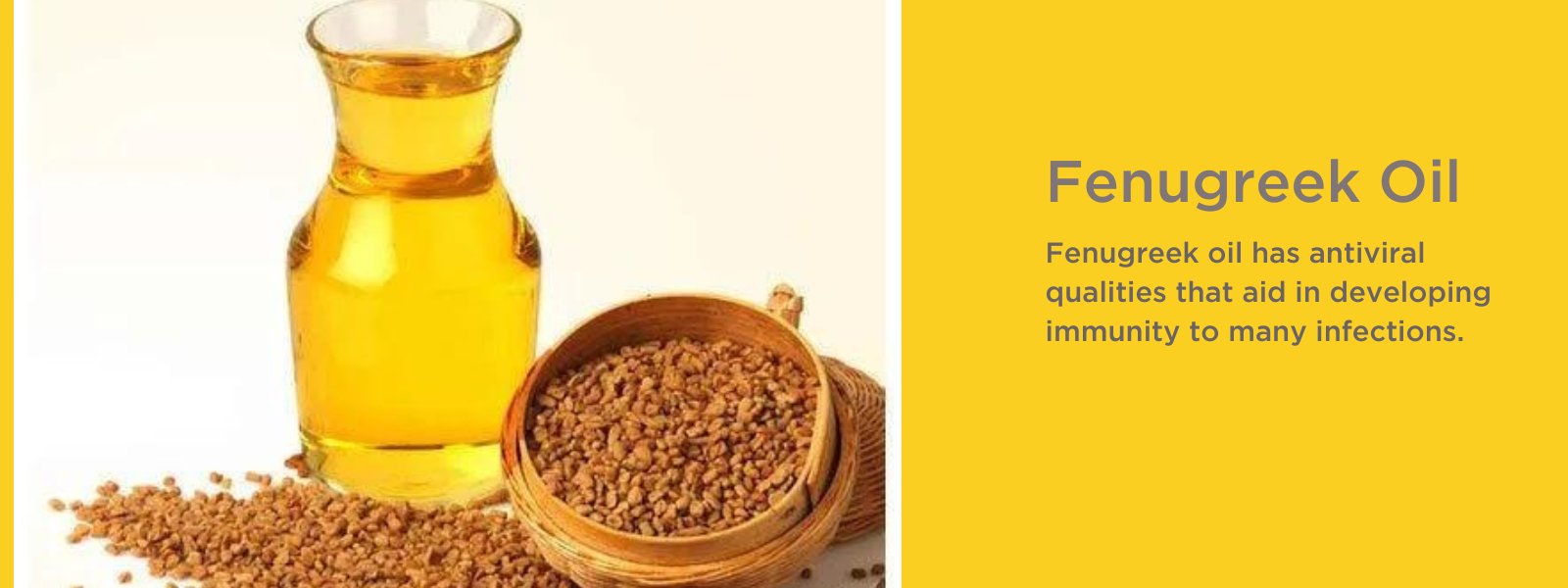
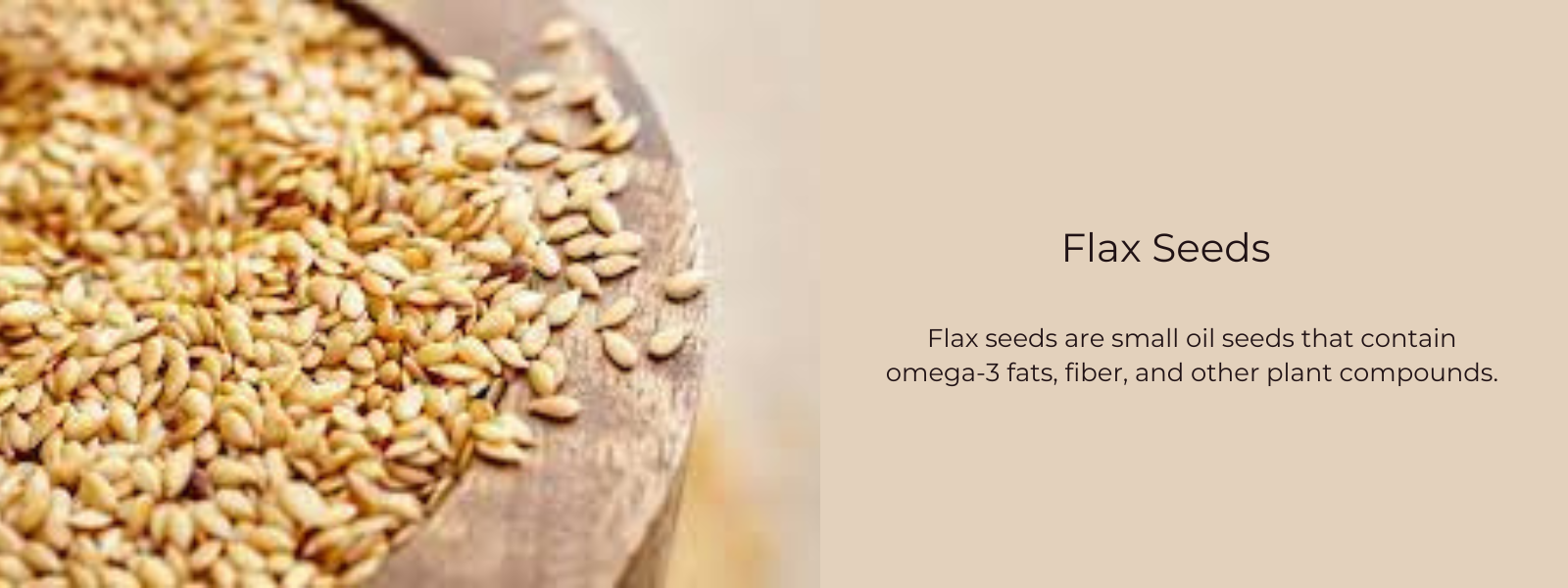
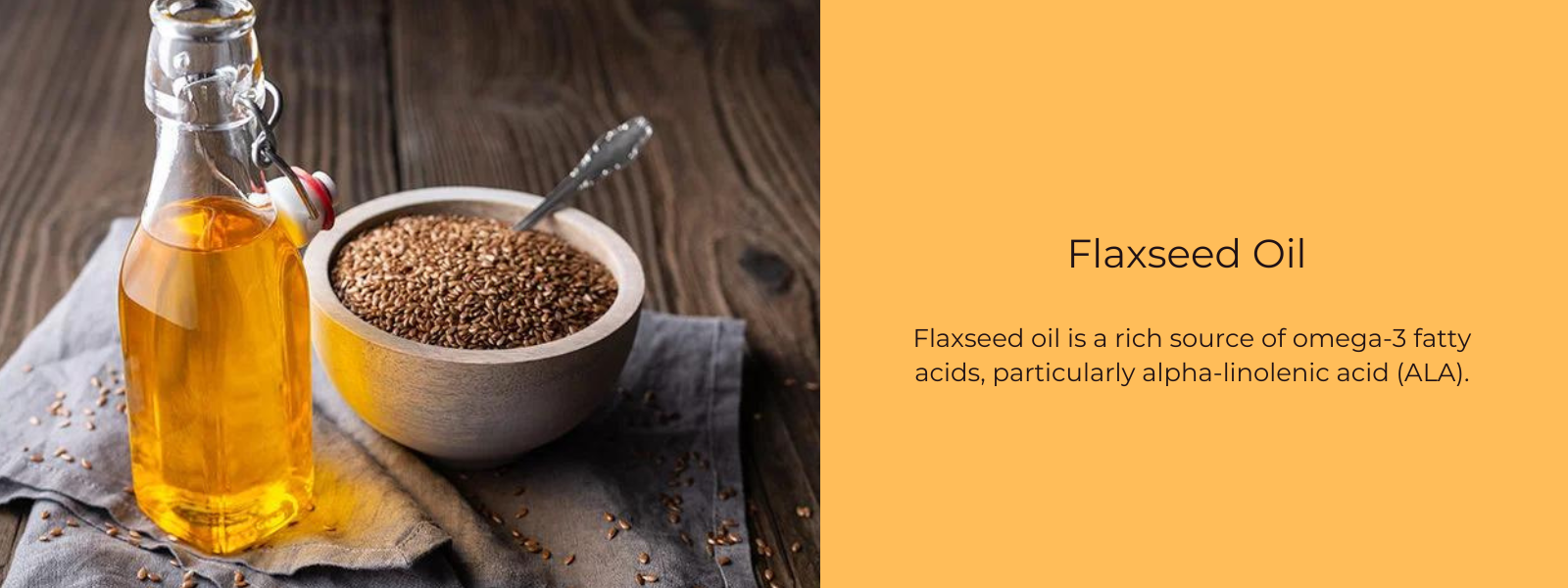
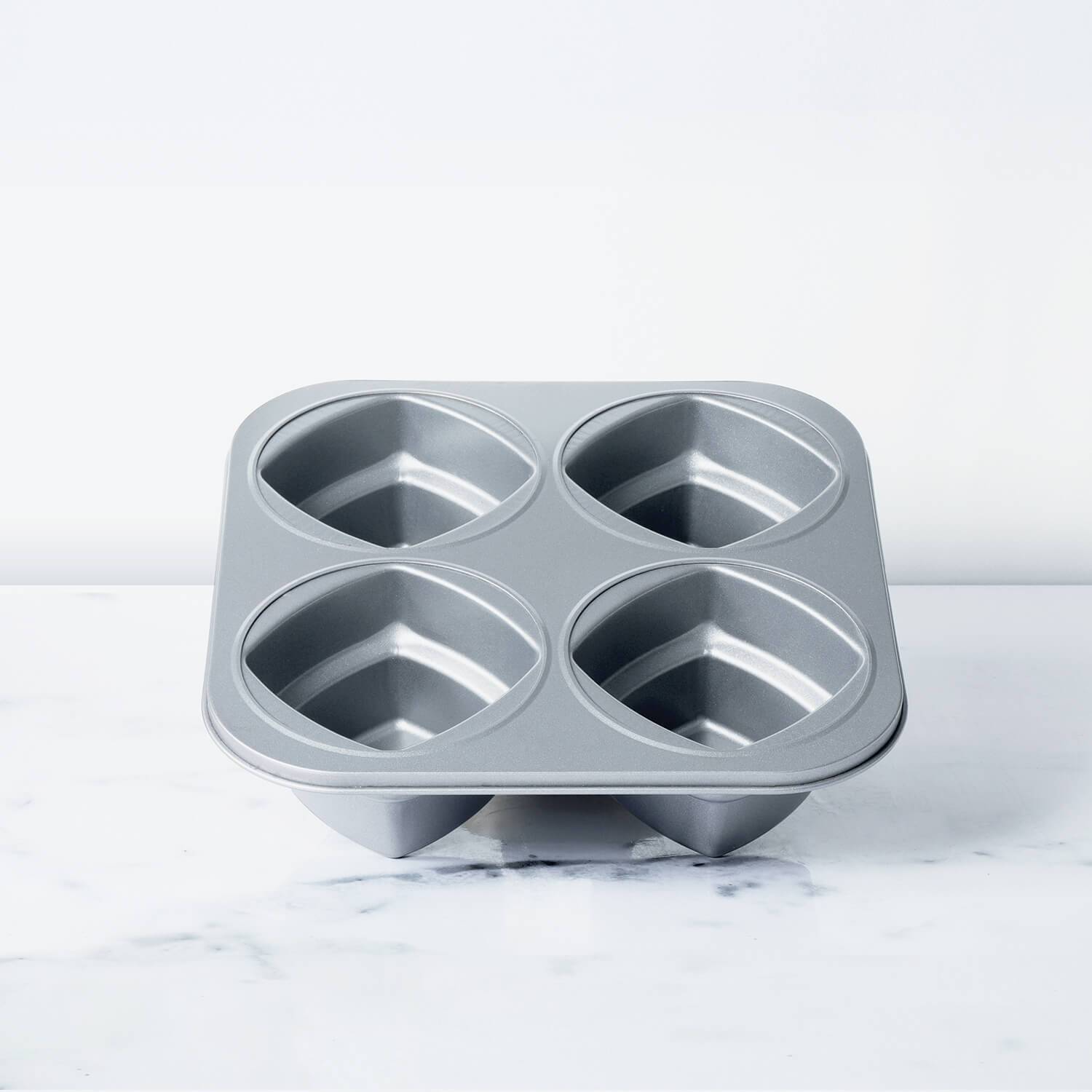





Leave a comment